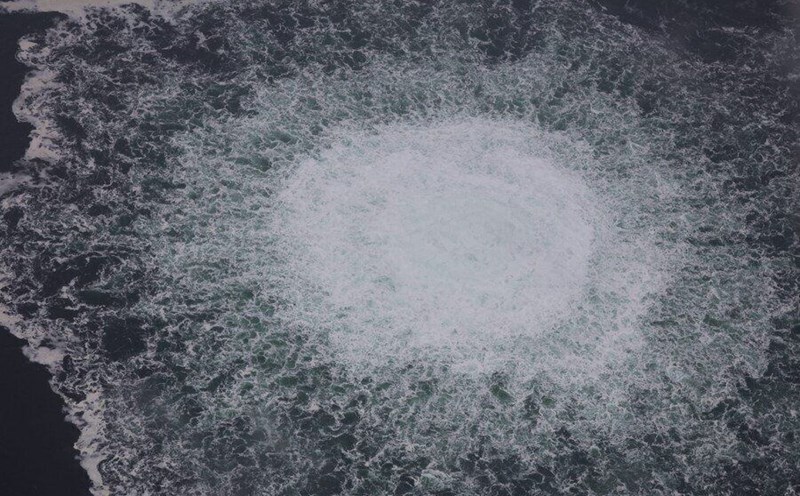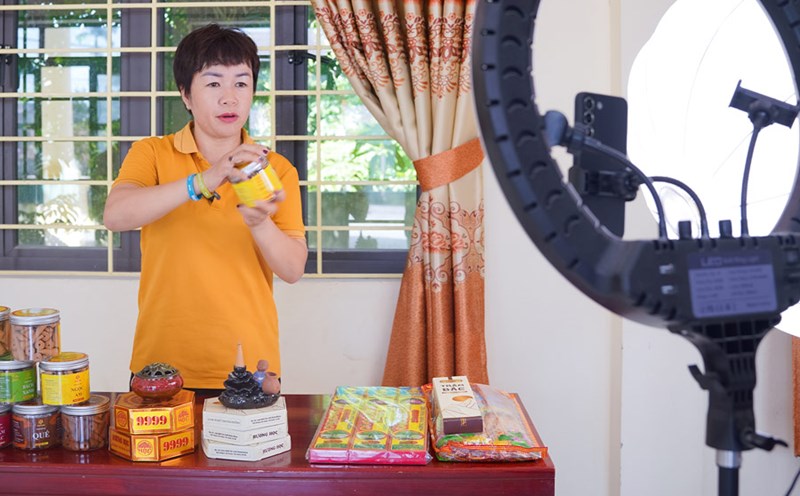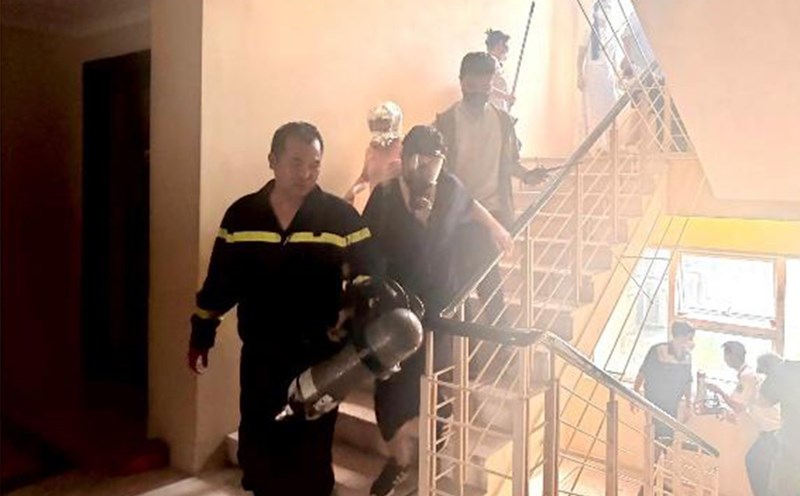At a meeting with President of the European Commission Ursula von der Leyen and President of the European Council Antonio Costa on July 24, General Secretary and President of China Xi Jinping emphasized that the leaders of China and the EU need to demonstrate their vision and leadership role, while at the same time providing the right strategy, meeting the people's expectations, bearing stature and historical value, and calling on the parties to strengthen trust and exchange information, deepening cooperation in the context of global instability.
European Commission President Ursula von der Leyen said that the EU-China bilateral relationship is at an important turning point. "Our cooperation is getting deeper, so is the imbalance. We have reached a turning point," she shared during a meeting at the Beijing People's Cultural Center.
Expectations for the China-EU summit are low as there have been weeks of tensions over the organization. After Xi Jinping refused to visit Brussels, where it was originally scheduled to be held, the conference was moved to Beijing. The conference was then reduced from 2 days to 1 day at Beijing's request.
Before the summit, EU officials said they were ready for a frank dialogue, while Chinese officials viewed the event as an opportunity for closer cooperation. Right before the summit, European Commission President Ursula von der Leyen stressed that the meeting was an opportunity to "both promote and rebalance relations". "I believe that cooperation can be mutually beneficial," she said.
A spokesperson for the Chinese Foreign Ministry said on July 22 that bilateral relations are at an " crucial moment to build on past achievements and open a new chapter". In a commentary on July 24, Xinhua noted that China is an important partner of Europe with many common interests, including trade, climate and global governance.
One of the main reasons for the lack of warm relations between the EU and China is the consequences of the Russia-Ukraine conflict. Last week, the EU sanctioned two Chinese banks for supplying goods to Russia. China has sent a statement of protest to the EU Trade Commission ahead of the summit.
Trade relations are also a key concern for the EU. After the EU imposed tariffs on Chinese-made electric vehicles last year, Beijing has imposed retaliatory tariffs on European wine. This month, Beijing limited the government's purchases of EU medical equipment, responding to the EU's similar restrictions on Chinese medical equipment in June. China also increased control of exports of rare earths and important minerals this year.
Meanwhile, European industries are threatened by cheap and subsidized goods from China. The EU's trade deficit with China last year was 305.8 billion euros, which has doubled after nine years.











